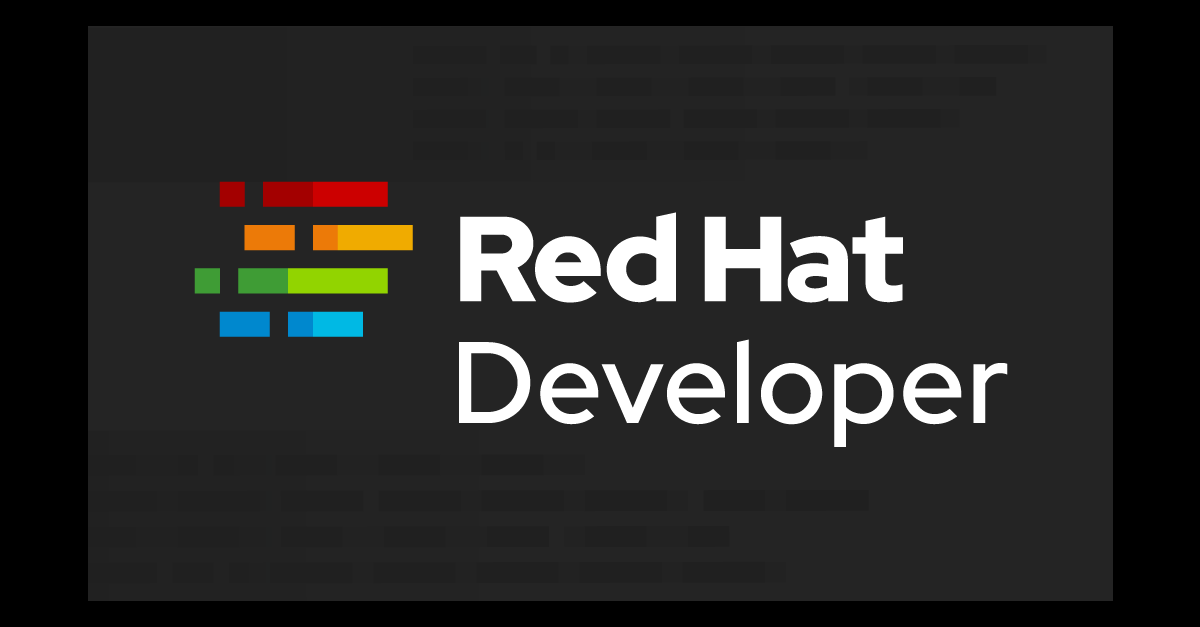Originally posted by duby229
View Post
"Finally, the biggest difference is that the no-cost Red Hat Developer Subscription is only for development purposes and may not be used in production."
It's called a "Developer Subscription" because you have to sign up to get the free version, but since it not licenced for production, it is very different to Ubuntu LTS. Right now, I am very happy I made the decision to use Ubuntu for my server deployments. Although I subscribe to Landscape because IMO Canonical needs some compensation (it helps me earn a living) and I am ok with Canonical's broader support of Linux. It may not be perfect, but it is good enough for me to feel it's far from free-riding.



Leave a comment: